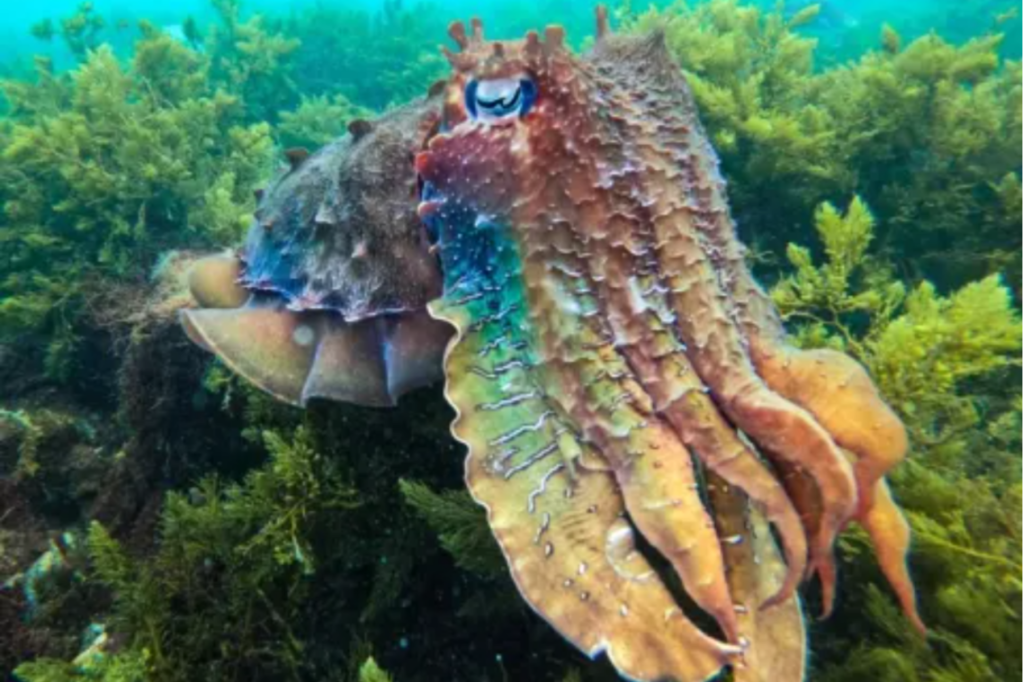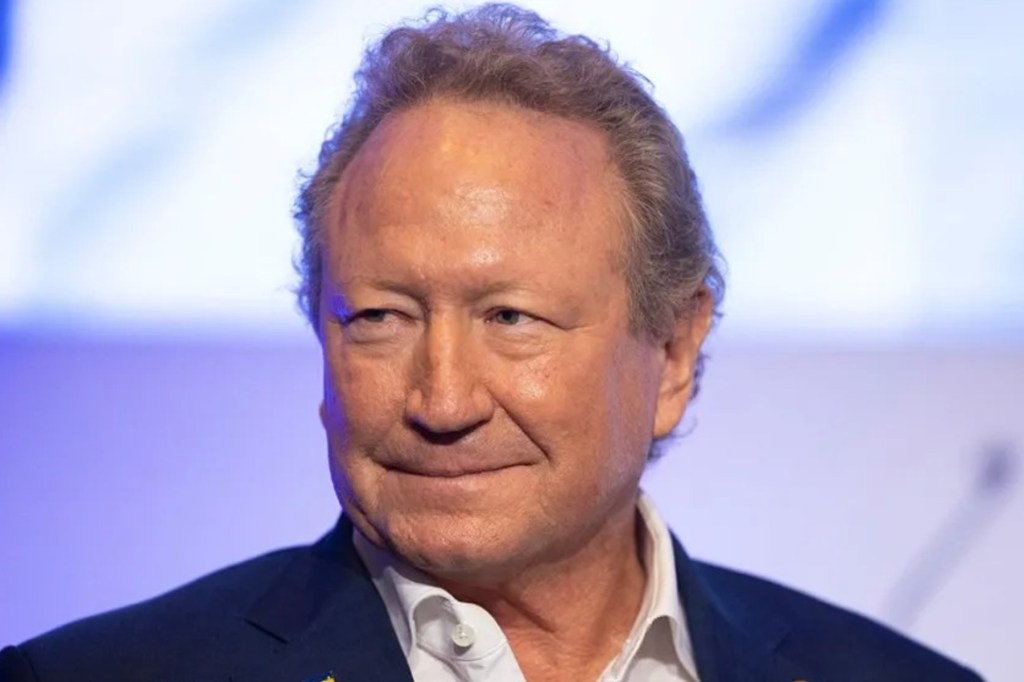Cuttlefish conservation cash for tourism drawcard
Whyalla has received $400,000 in federal funding to protect and develop the Cuttlefish Coast Sanctuary Zone.

The Whyalla Council was awarded the grant to develop a conservation and tourism management plan for the site, following a “significant increase” in visitor numbers this year.
Whyalla Mayor Phill Stone told InDaily the funding would allow the council to take a “proactive” approach to conservation and tourism management.
“This is a godsend – it’s been recognised by the Federal Government how important it is for us to protect the sanctuary,” Stone said.
Cuttlefish congregate in South Australia’s gulf waters every winter, drawing tourists to what is the world’s only known mass aggregation.
Stone said during the last season, which runs between May and August, “close to 15,000” people visited the site.
“That is an incredible number, that has grown since we had the glass bottom boats and those facilities,” he said.
You might like
“Prior to that, it was a case of you getting in your wetsuit and going out with a group, so the numbers were fairly controllable.
“Now, everybody wants to come to Whyalla to see the Giant Cuttlefish.”
Stone said the grant would help them set a plan to manage the increased number of visitors.
“The work we did to get the area ready for the most recent season was really reactionary; we knew we had to do some work, we were getting too many people there for the area to cope with,” he said.
A management plan would allow the council to control visitor numbers, develop the site with appropriate facilities, and ensure the species is not negatively impacted.
“This [grant] really enables us now to start doing what we knew we had to do,” Stone said.
Stay informed, daily
“We’ve now got a responsibility to make sure that the human species don’t impact on this fantastic display, this fantastic migration we have every year.
“We are so fortunate, that the cuttlefish must be about the only species that doesn’t mind sharing the water, or being watched by humans. They ignore the humans that are there.”

The cuttlefish mating season draws thousands of tourists to Whyalla. Photo: Carl Charter
Stone said the site had been “fortunate” at this stage regarding conservation, and had not yet seen extensive damage to the environment.
“The numbers are still controllable, but if we don’t put these plans in, because it is a fragile environment out there,” he said.
“For the first time with this funding we can now be proactive in planning ahead. We need to identify what facilities we need to comply with all the stakeholders, all the government agencies now, and come up with that plan that will take us through the next 10, 20 years.”
The Cuttlefish Coast Sanctuary Zone last year became South Australia’s 10th entry to the National Heritage List, alongside the Great Barrier Reef and Uluru Kata-Tjuta, a recognition Stone said had led to a change in attitude around the site.
“All of a sudden [people] realise that there is something so unique, and it’s here in Australia and it’s here on our doorstep in Whyalla,” he said.
“Which is another reason we’ve got the responsibility to make sure we look after that environment. How many stories over a period of time do you see of magnificent species being no longer there because man, or us, have put the dollar in front?
“Yes, it is going to be good for Whyalla, it is good for our tourism, but the focus is always going to be on protecting the cuttlefish.”








